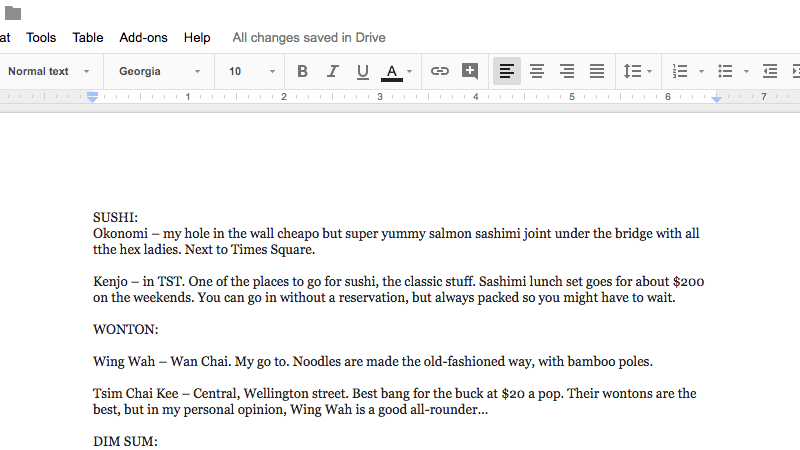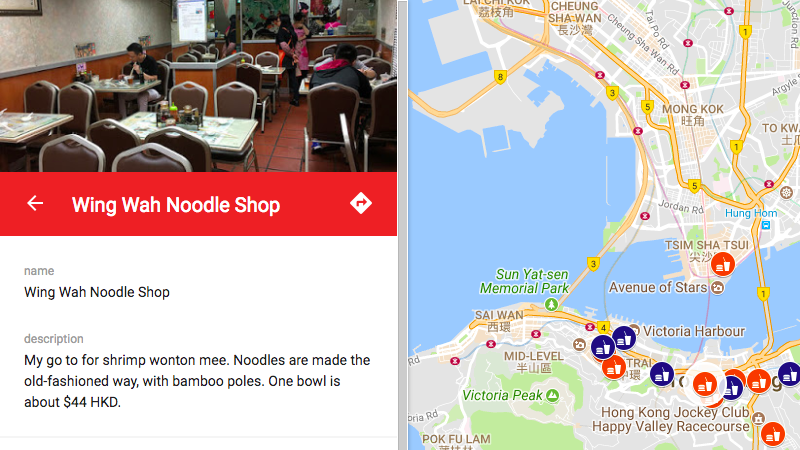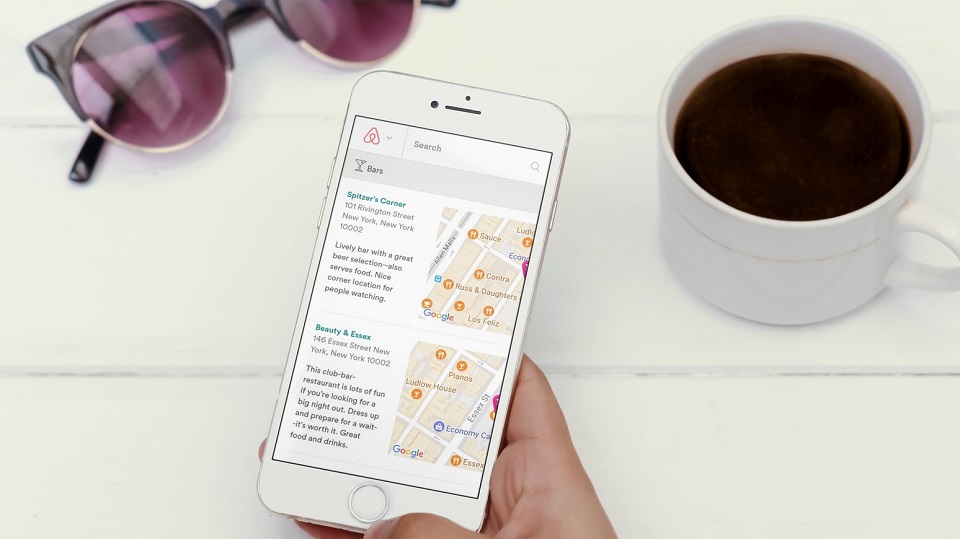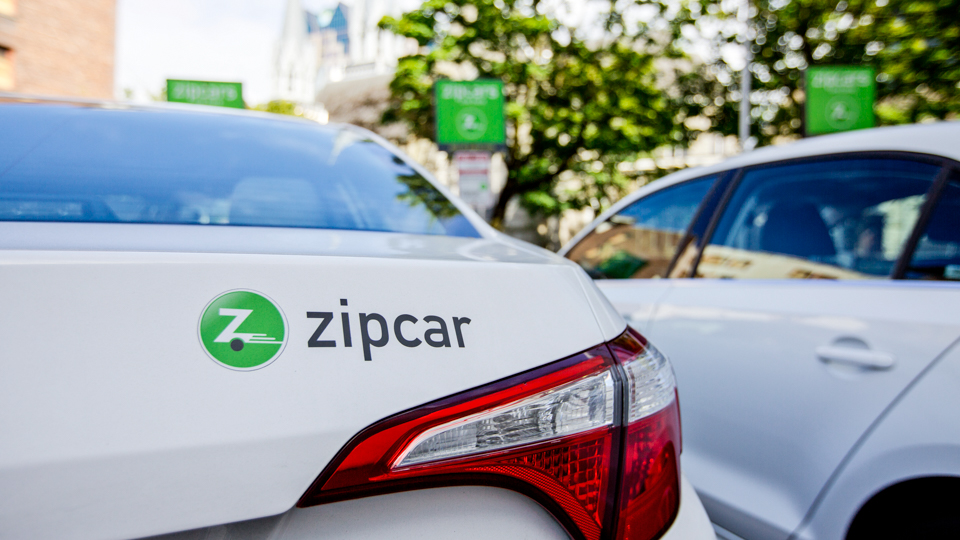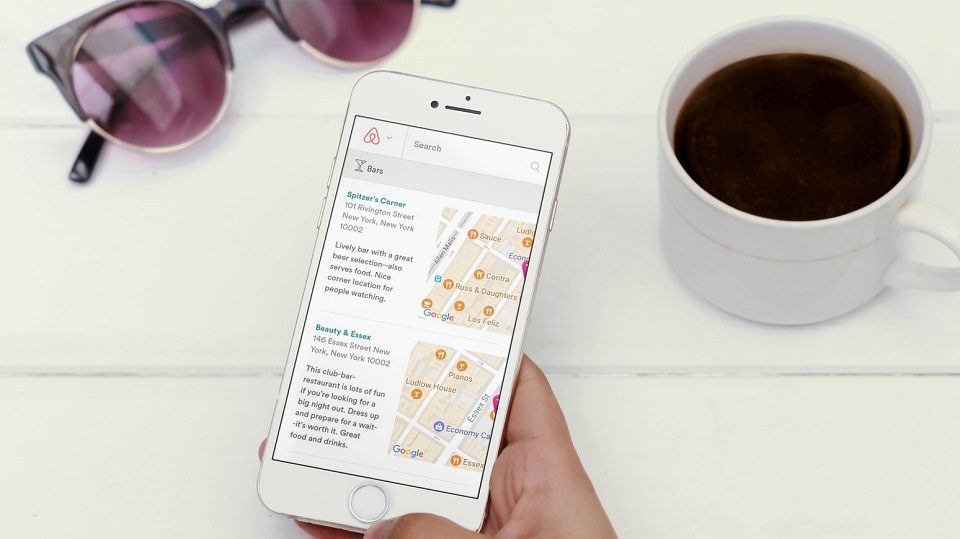
It's time to stop emailing people long text descriptions on where to eat. (Or upgrade those old recommendations, which hopefully still pass muster.) This is 2018, goddamnit, not 2008.
Like, almost a decade of technology has flown by. In that time, Airbnb was in Brian Chesky's apartment, and they were, like, selling cereal boxes, and now the company is valued at over $30 billion. God, what am I doing with my life.
So if you're still sending long text descriptions on where to go and what to do, especially over email or Google Doc, it is time to stop and plug it into a Google Map or something. Go upgrade and 2.0 your life!
Because even leading up to last year, my recommendations looked something like this:
Suggestions via Google custom maps
Probably the easiest, most standard format to provide food and sightseeing recommendations. Given Google Maps also now has mobile integration, this is the best online and offline format for sharing with others.
Nothing like hitting "directions" quickly on Google Maps to get there!
There is some element of DIY here, but Google custom maps offers the ultimate level of customization. For instance, layers are a great way to organize different categories for various points of interest. In the above embedded example for Hong Kong food recs, we're able to differentiate between mom-and-pop restaurants versus chain restaurants (in case a different location of the same chain is more desirable).
Maps also allows users to control their privacy preferences, something not as possible with other guidebook services.
Airbnb hosts can create their own guide
Airbnb also has rolled out a basic guidebook feature for hosts to provide.The one caveat is that it's really limited to people who have an Airbnb account or host through the platform.

Airbnb guidebooks are an OK solution. (Placeit)
On the outset, it is probably the most convenient for hosts, though hosts will still have to manually send confirmed guests a link to their personal guidebook. Here's a quick sample guide for New York's Lower East Side.
To Airbnb's credit, the booking service does help by showing suggestions to hosts for interesting places to add to their guidebook, taking a lot of the work out of it:
To determine which recommendations to use, our algorithms look at the most interesting content created around each location, based on informativeness, uniqueness, and representation of the place. We then show the most helpful recommendations which seem to provide the most compelling information for guests.
There is also a huge repository of personal guidebooks compiled around the world. However, the main downside seems to be the lack of directional navigation.


